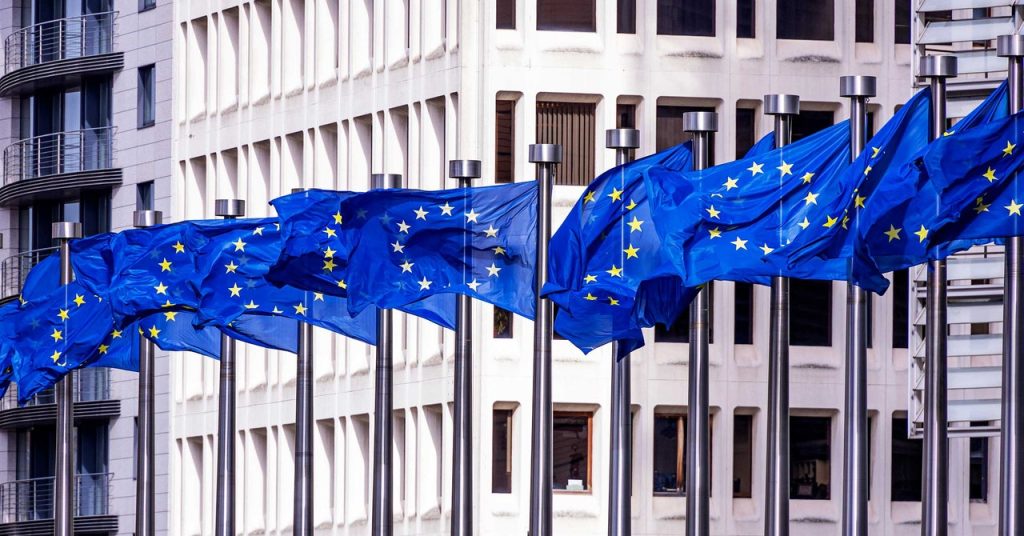EU’s Digital Regulation Efforts
Microsoft Under Scrutiny
On May 17, the EU summit requested documents from Microsoft to understand its handling of recent digital regulations and its potential influence on the upcoming European Parliament elections. With voters in the 27 EU states set to choose their representatives in early June, concerns about technology’s role in manipulating election outcomes are high. The commission has given Microsoft until May 27 to respond, just days before the elections, raising concerns that any necessary corrections might come too late.
Europe’s Strategy Against Digital Giants
Over recent months, the European Commission has intensified its stance against major digital companies, primarily based in the US and China. This isn’t a new approach. In 2022, the EU fined Meta for violating GDPR, the EU’s data protection regulations. In March, the EU also targeted Amazon for its dominance in online markets.
Key Regulations and Acts
The EU has introduced several significant regulations to control the digital landscape:
- Digital Services Act (DSA)
- Digital Markets Act (DMA)
- Data Governance Act (DGA)
- Data Act
These regulations address data protection and the use of data in both public and private sectors. Additionally, the EU has updated its cybersecurity package with NIS2 (Network and Information Security) and introduced the Digital Operational Resilience Act, focusing on finance and insurance. The digital identity package within eIDAS 2 is also part of this regulatory framework. Draft regulations on health data spaces and measures to scan private messages for child pornography are still under discussion.
Challenges and Future Prospects
Brussels has taken significant actions against digital giants from the US and China. For instance, ByteDance had to suspend the gamification feature on TikTok Lite in France and Spain. However, the future remains uncertain and complex. While these investigations garner media attention, the EU’s digital bureaucracy is a vast and intricate system to manage.
“The commission has given Microsoft until May 27 to respond, only days before voters go to the polls. If there is a need to correct course, it may likely be too late.”

3 Comments
It’s a David vs Goliath scenario, but does the EU genuinely have the leverage needed?
It’s a bold move by the EU—is Big Tech actually quaking in their boots?
Will the EU’s efforts actually result in meaningful changes?